A Comprehensive Roadmap to Mastering Data Science in Just 2 Months
As a data enthusiast, I’ve often found myself wondering how to take my skills to the next level. With the vast amount of resources available online, it can be overwhelming to know where to start. That’s why I’ve created a comprehensive roadmap to help you master data science in just 2 months.
Week 1-2: Foundations and Python Programming
The first step in mastering data science is to build a strong foundation in Python programming. In the first week, focus on learning the basics of Python, including syntax, data types, and structures such as lists, dictionaries, sets, and tuples. Practice control flow using if statements, for and while loops, and introduction to functions and modules.
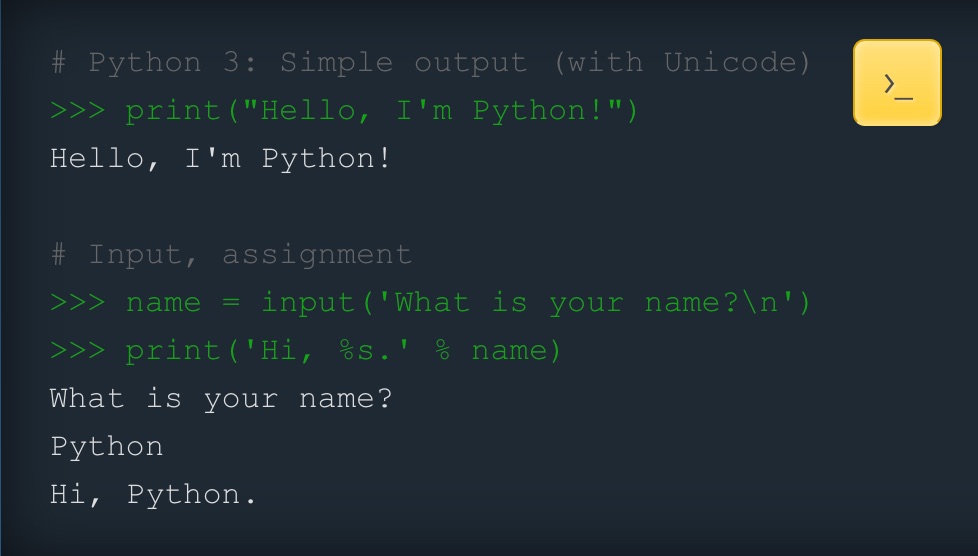 Learning the basics of Python is crucial for data science.
Learning the basics of Python is crucial for data science.
Week 3-4: Statistics and Data Wrangling
In weeks 3 and 4, dive into the world of statistics and data wrangling. Learn about descriptive statistics, including mean, median, mode, variance, and standard deviation. Understand probability basics, including distributions such as normal, binomial, and Poisson. Then, move on to advanced Pandas techniques, including merging, grouping, pivoting, and reshaping data.
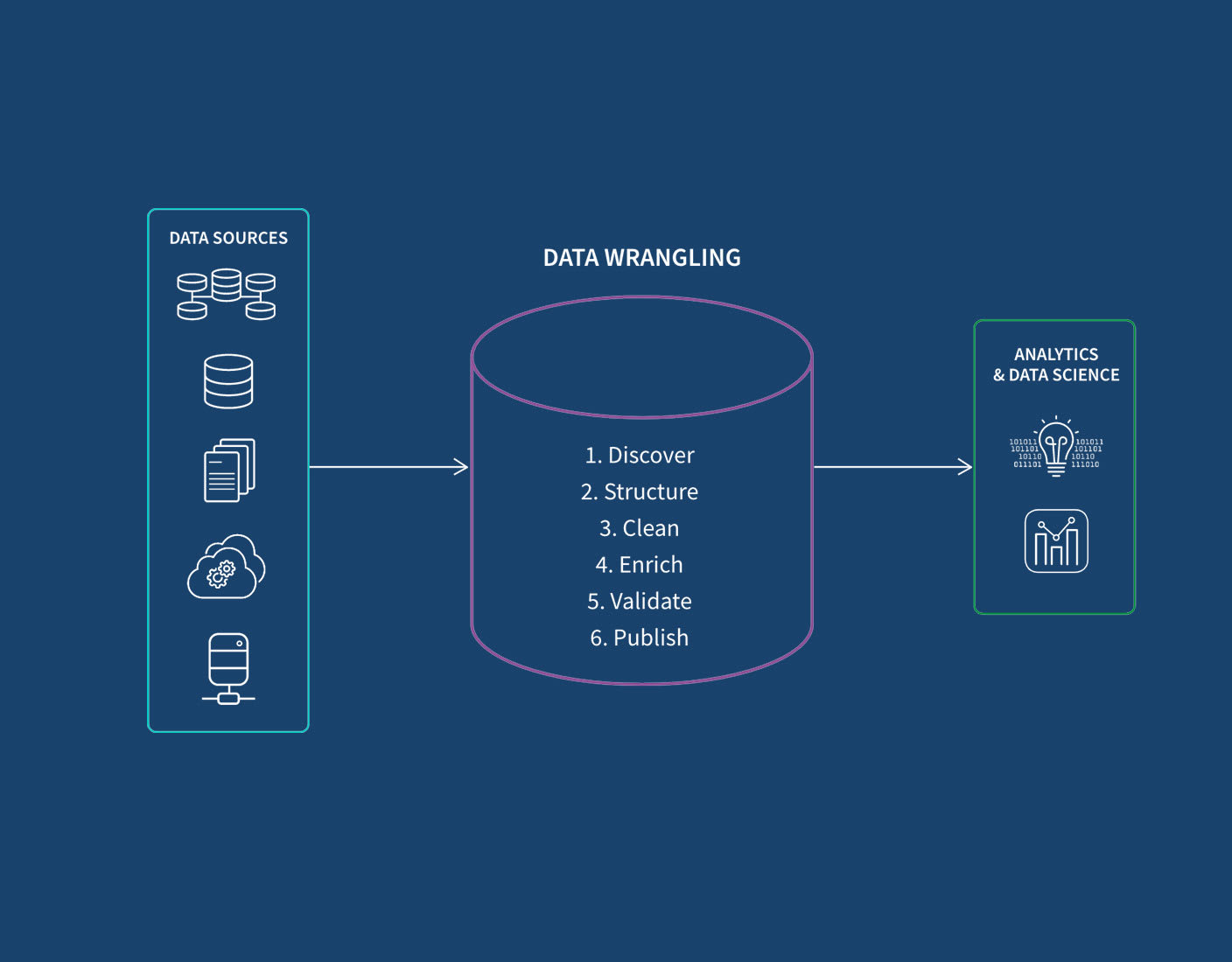 Data wrangling is an essential skill for any data scientist.
Data wrangling is an essential skill for any data scientist.
Week 5-6: Machine Learning Basics
In weeks 5 and 6, introduce yourself to the world of machine learning. Learn about supervised and unsupervised learning, and explore common algorithms such as linear regression, logistic regression, decision trees, K-nearest neighbors, and clustering. Practice building, training, and evaluating models using Scikit-Learn.
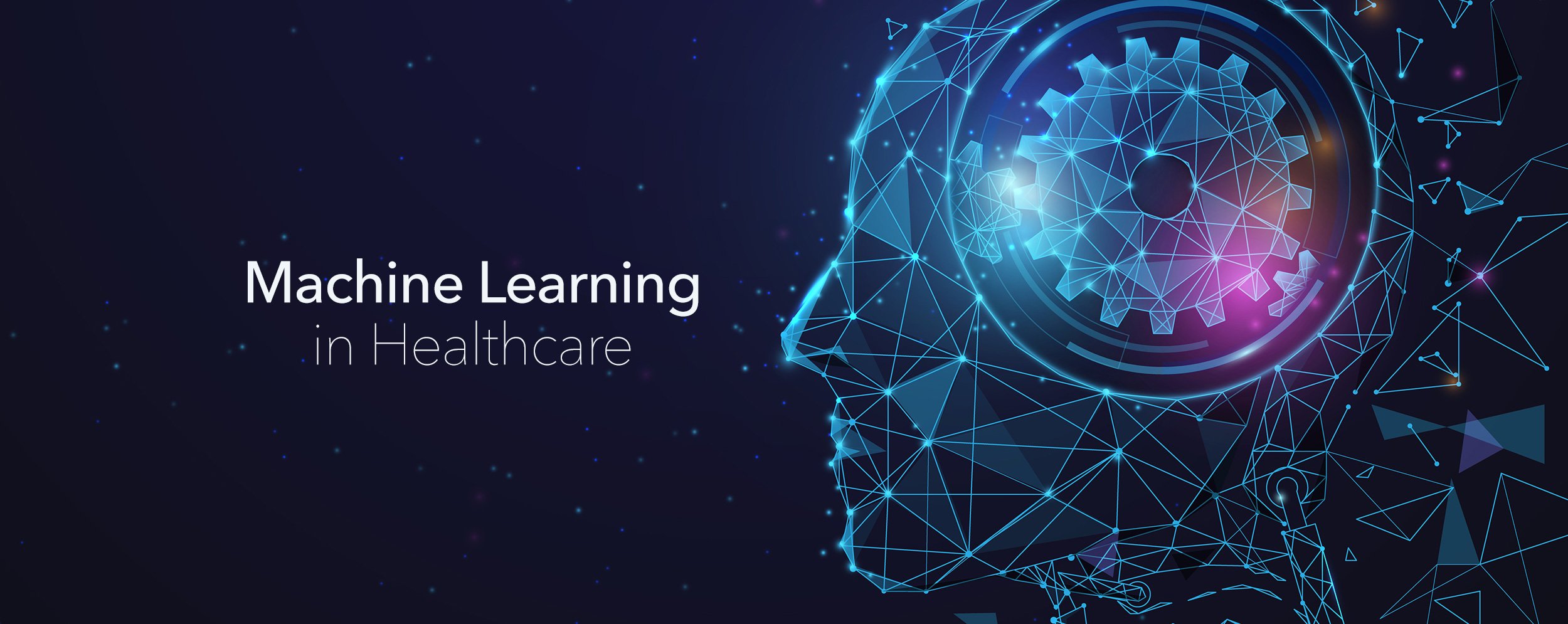 Machine learning is a crucial aspect of data science.
Machine learning is a crucial aspect of data science.
Week 7: Model Evaluation and Advanced Topics
In week 7, focus on model evaluation and improvement. Learn about metrics for evaluation, including accuracy, precision, recall, F1 score, and ROC curve. Understand cross-validation, hyperparameter tuning, and model selection techniques. Then, explore advanced machine learning topics, including ensemble methods, bagging, and boosting.
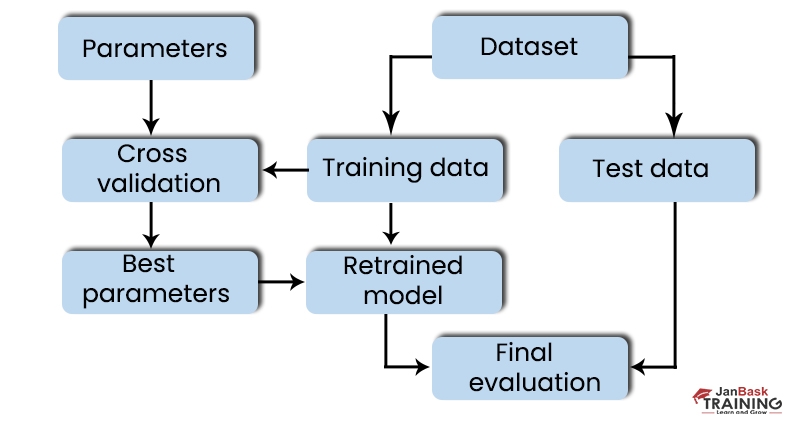 Evaluating and improving models is crucial for data science.
Evaluating and improving models is crucial for data science.
Week 8: Capstone Project and Review
In the final week, work on a comprehensive capstone project that applies the entire data science process. Select a dataset, clean and explore the data, build and evaluate models, and document your findings. Review key concepts and techniques, and practice with additional datasets and problems.
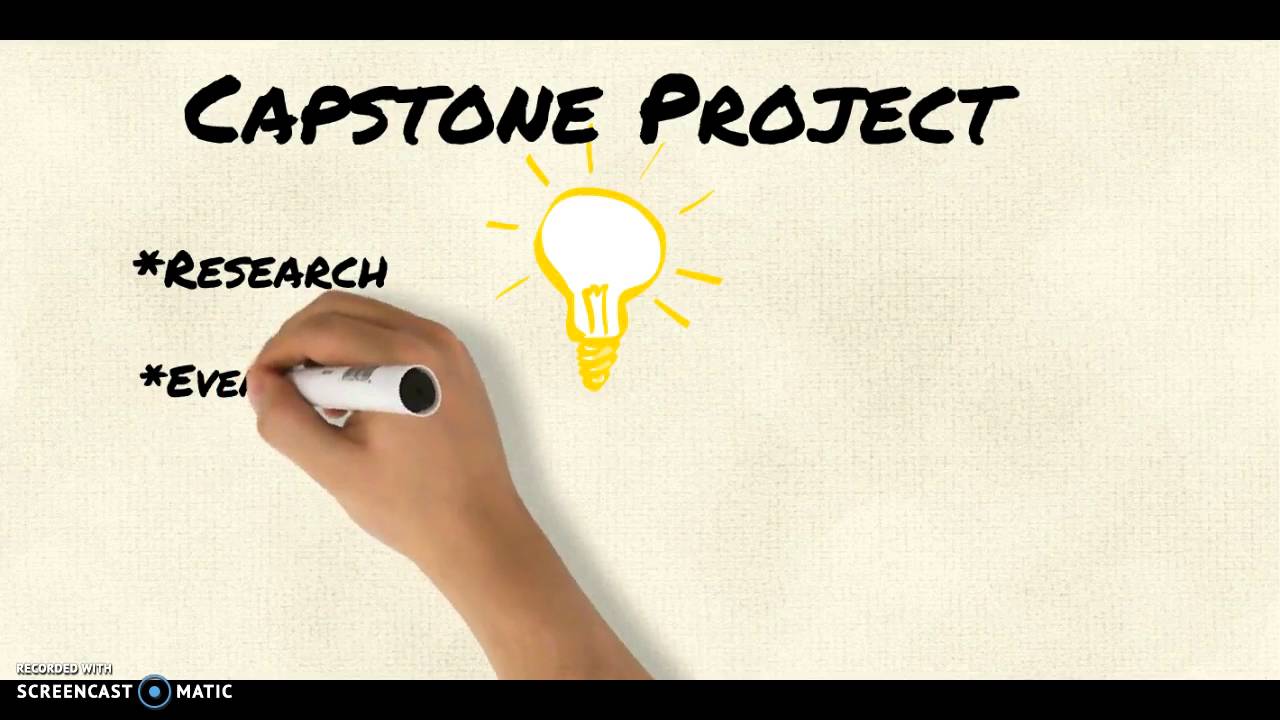 A comprehensive capstone project is the perfect way to apply your skills.
A comprehensive capstone project is the perfect way to apply your skills.
Remember, mastering data science takes time and dedication. Stay patient, persistent, and committed to your goals, and you’ll be well on your way to becoming a skilled data scientist.
“Every step forward, no matter how small, brings you closer to your goal. Keep pushing, stay patient, and trust the process.”


 Photo by
Photo by 











